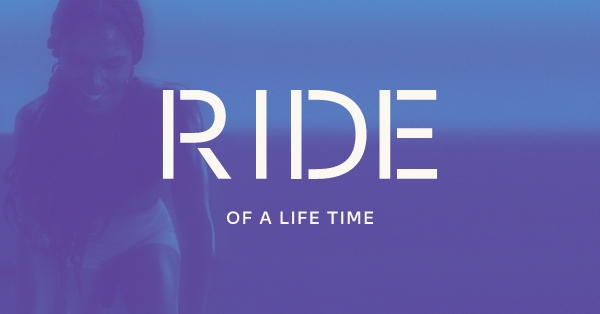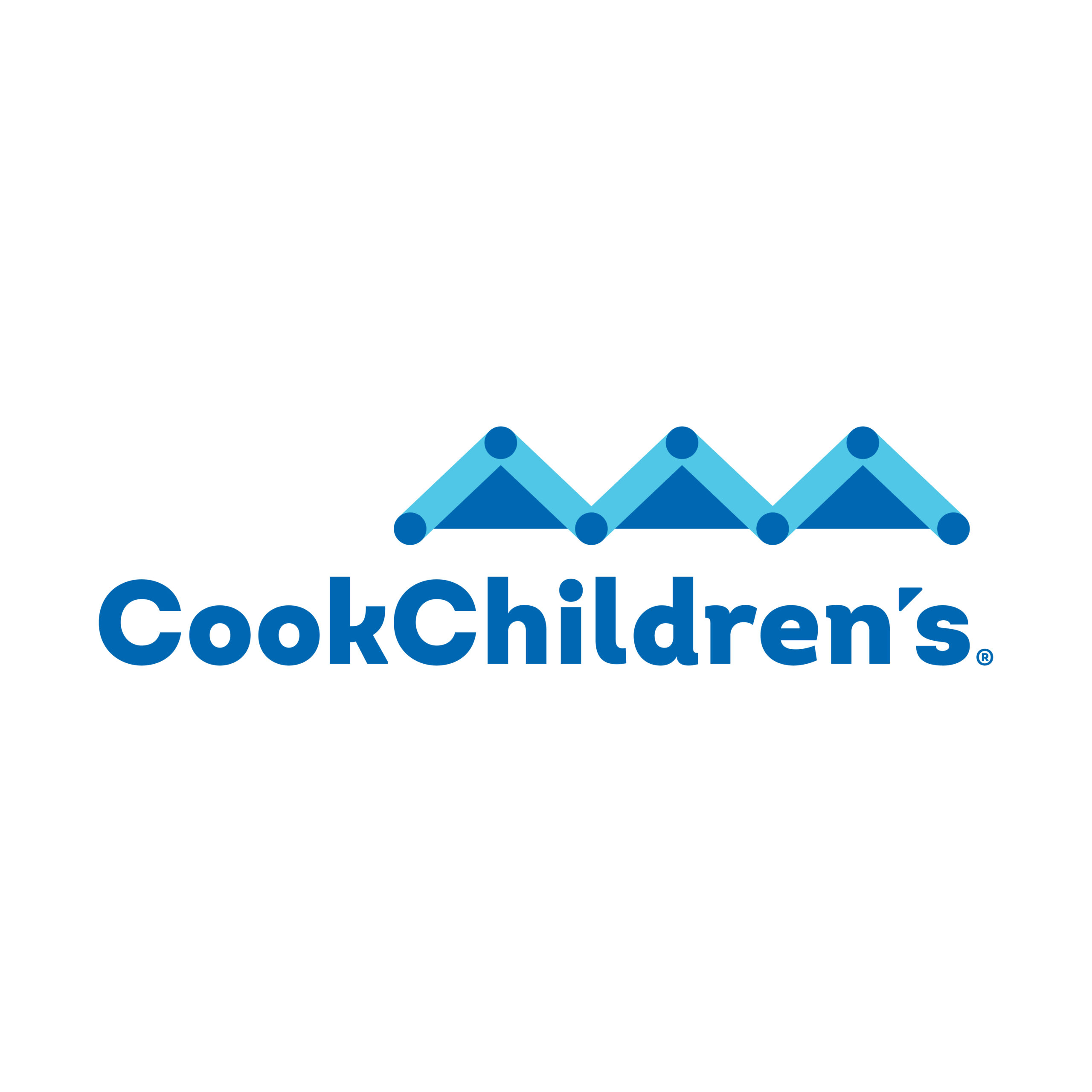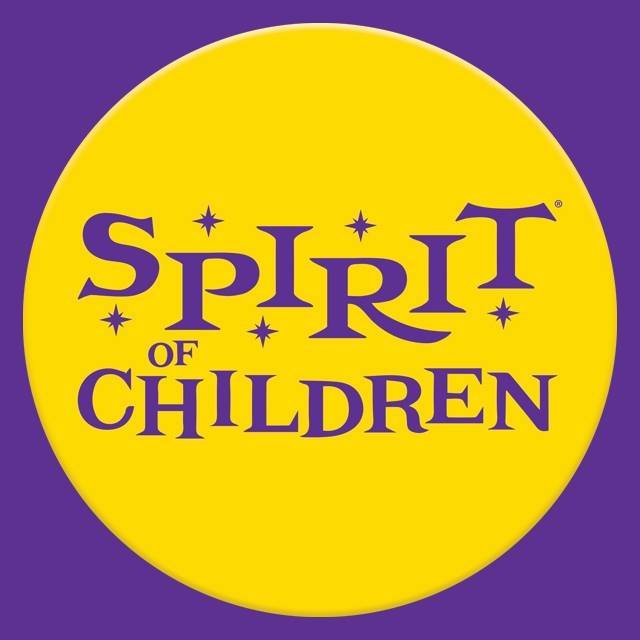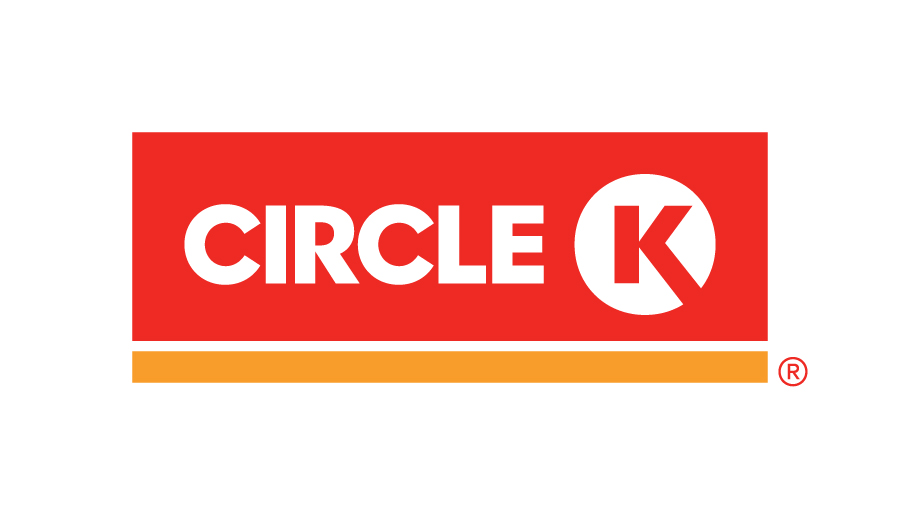Adolescent and Young Adult (AYA) Patients: Finding The Right Balance
AYA helps teens diagnosed with cancer and their very unique needs
By Daron Aldridge
When you think of a Cook Children’s patient, it’s just natural to think of a tiny baby girl who’s only lived in our NICU or a first grader in the Child Life Zone playing with Ralph just like his own dog at home. It’s especially true that Cook Children’s strives to make our patients’ stay as close to “normal life” as possible.

That balance between normalcy and medical treatment is achieved because employees are quick to squat down to their level to talk with words that make sense or to play a game and make them smile.
But finding that right balance is much different when that patient is a young man or woman dealing with a cancer diagnosis. Their lives become a new balancing act of making adult decisions, whether medically, professionally or personally. The AYA Program at Cook Children’s helps teens diagnosed with cancer and their very unique needs.
The National Cancer Institute defines Adolescent and Young Adult Cancer as cancers occurring between the ages of 15 and 39, with an estimated 70,000 diagnosed each year. Even within that broad range of ages, their needs and expectations from caregivers may vary but one thing is constant: a desire to be treated like an adult.
Corey Heath, psychologist for the AYA Program at Cook Children’s, says, “We recognize that AYAs are not just ‘big kids’ or ‘little adults.’ We assure them that their voice and experience is important and help them understand that they are not defined by their diagnosis.”
And when it comes to that diagnosis, this AYA team adjusts their approach to reach them. Allie Barnes, RN, explains, “It’s not always easy to switch back and forth between a 2-year-old and a 17-year-old within your same patient assignment, but our nurses do it effortlessly. By being upfront, respectful and honest about everything and using proper verbiage, they are quicker to adapt and warm up to their treatment on our floor.”

Karen Albritton, M.D., Medical Director of the AYA Program, adds, “Young adults with cancer are quite busy trying to both deal with their health issues and trying to hang on to what’s left of their normal life. And it can be hard to convince them that spending time with other young adults with cancer or tending to their emotional health (via work with an AYA psychologist or other practices like journaling, creative arts, exercise, meditation) will be worth it.”
But such challenges to reach through to them can be the most satisfying part, according to Child Life Specialist Laura Sonefeld. She explains, “Those moments when these AYA patients let me get to know them just a little bit at a time, they open up about their experience, they tell me about their home life, are those moments that I treasure. I am honored to be that kind of a support for these patients, who simply want to be home or at school with their friends, like any teenager.”
Dr. Albritton sums up what she views as the goal for all of Cook Children’s for these AYA patients, “I am deeply grateful for the strong core group of individuals on our team who are passionate about helping young adults, and about educating other providers to tweak their practices in ways that will enhance their care of this population. I really see our goal to make all providers at Cook Children’s members of ‘the team’ so that anywhere an AYA is in the hospital, they feel our providers give them age-appropriate care.”
About Cook Children’s Adolescent and Young Adult Program
Navigating the teen and early adult years and finding the place where you fit in can be pretty challenging. Add cancer to the mix and suddenly the road feels lonely and long. Our AYA patients face these obstacles every day, and we are constantly in awe of the amazing dignity, grace and humor they bring to their journey – much of which is spent right here at Cook Children’s Medical Center. Click to read more.






